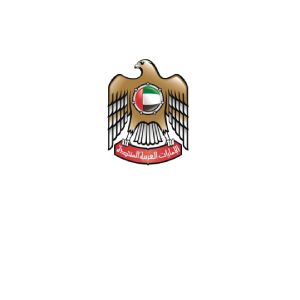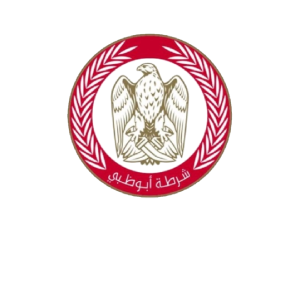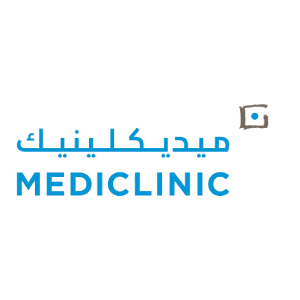Personal Safety and Social Responsibility course offers basic induction training in safety procedures and accident prevention and familiarises novices with the employment conditions and working environment of superyachts.
The Personal Safety & Social Responsibility (PSSR) course forms part of the mandatory basic offshore safety training for all seafarers assigned safety or pollution prevention duties.
Its objectives are to give basic induction training in safety procedures and accident prevention and to familiarise personnel with the employment conditions and working environment on board vessels.
The purpose of this course is to provide a permanent source of reference to the subject matter of Personal Safety & Social Responsibilities (PSSR) following the successful completion of training.
This course is designed to introduce newly attested Naval Service Personnel to the mandatory minimum requirements for familiarization for working onboard ship and basic safety training and instruction in accordance with Section A-VI/1 of the STCW Code (Standards of Training, Certificates, and Watchkeeping).
Due to the vastly different environment on a ship as compared to ashore, this course is designed to prepare new personnel for a life at sea. Working at sea can be a hazardous occupation for the uninitiated.
The course will provide an insight into the various elements of a ship and Operating Procedures onboard so that adjustment can be made to the shipboard environment, and are better prepared to cope with any unforeseen circumstances.
This course is planned to provide knowledge of shipboard life before personnel step on board.
This course is not intended to replace DC/FF courses or Medical First Aid courses conducted by newly attested personnel.
You might be interested in other Health and Safety programs as a next step.
YOU WILL LEARN HOW TO
On meeting the minimum standard of competence in Personal Safety and Social Responsibilities you will understand different types of emergencies that can happen on board and also the appropriate actions to take.
This course will also help you to be able to recognize emergency signals and understand the use of safety equipment.
You will recognize the values of drills and training and the importance of working safely. It also covers the essential communication issues of understanding orders and maintaining effective human relations and communication aboard ship.
The student completing the course will be able to:
comply with emergency procedures
take precautions to prevent pollution of the marine environment
observe safe working practices
contribute to effective human relationships on board ship
IMPORTANT COURSE INFORMATION
Participants who fully attend this course and complete the test on the last day will receive a Strategic Axis Professional Certificate (SAPC). SAPC certificates are regionally recognized and can be quite valuable when applying for more senior roles within the organization or outside.
COURSE OUTLINE
EMERGENCIES
DRILLS & MUSTER
INTERNAL COMMUNICATIONS
EMERGENCIES
DRILLS & MUSTER
INTERNAL COMMUNICATIONS
Module 2: PREVENT POLLUTION OF THE MARINE ENVIRONMENT
WHAT IS POLLUTION?
EFFECT OF SHIPPING & OFFSHORE INSTALLATIONS ON THE MARINE ENVIRONMENT
MEASURES FOR PREVENTION, AVOIDANCE & CONTAINMENT OF POLLUTION
CONTROL OIL DISCHARGE
AIR POLLUTION FROM SHIPS
Module 3: OBSERVE SAFE WORKING PRACTICES
SAFE WORKING PRACTICES
LIFESAVING APPLIANCES
TYPES OF SHIPS, CARGO HANDLING & MOORING OPERATIONS
ENCLOSED SPACES
WORKING ALOFT
HOT WORK
ENGINE ROOM WATCH-KEEPING & MAINTENANCE
Module 4: CONTRIBUTE TO EFFECTIVE COMMUNICATIONS
BARRIERS IN COMMUNICATIONS
EFFECTIVE COMMUNICATIONS SKILLS
Module 5: CONTRIBUTE TO EFFECTIVE HUMAN RELATIONSHIPS
TEAM BUILDING
TEAMWORK
SOCIAL RESPONSIBILITIES
Module 6: UNDERSTAND & TAKE ACTIONS TO CONTROL FATIGUE
CAUSES OF FATIGUE
CIRCADIAN RHYTHMS & THE IMPORTANCE OF SLEEP
CONSEQUENCES OF FATIGUE
MITIGATION
RECORDING HOURS OF WORK & REST

